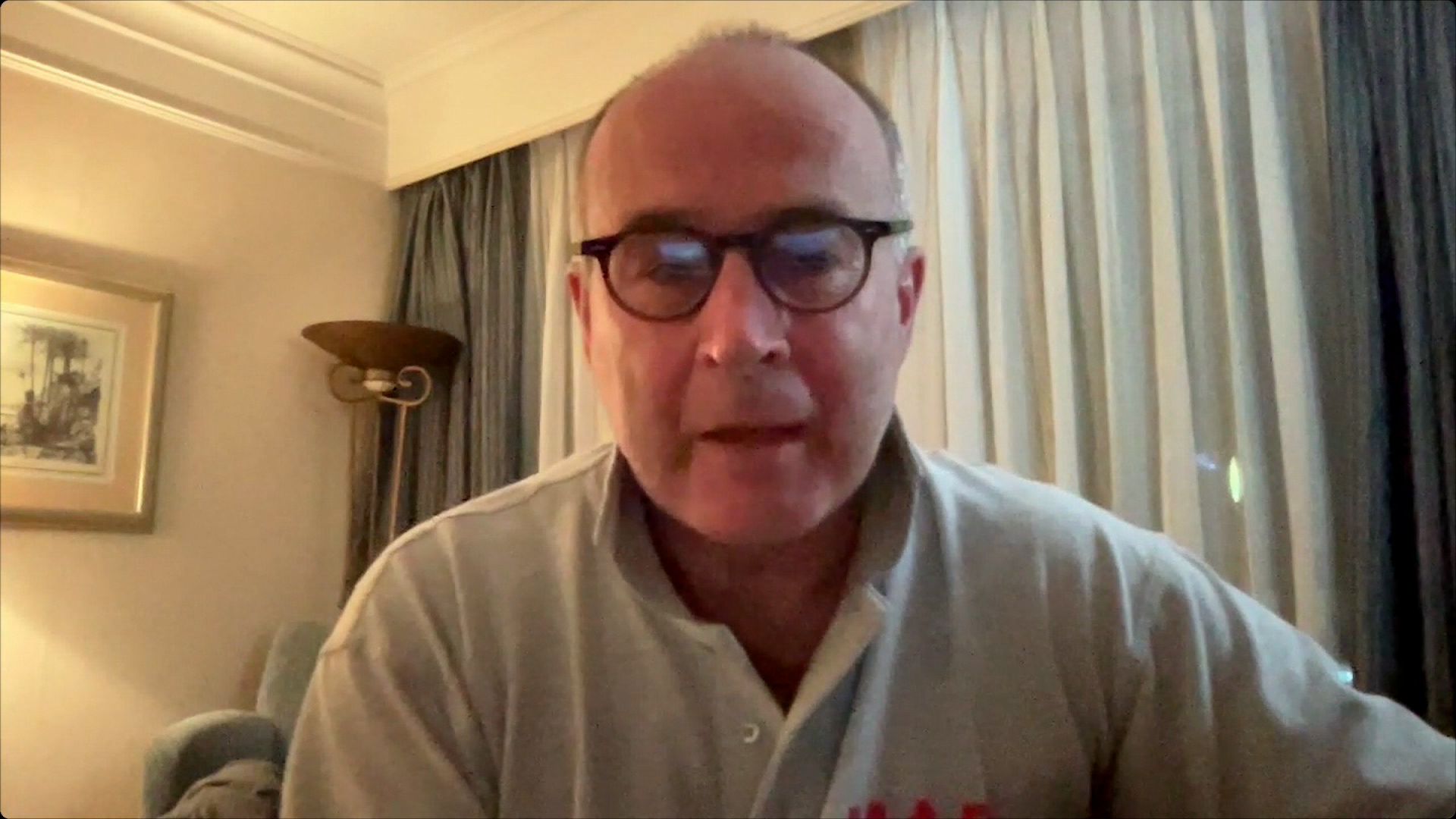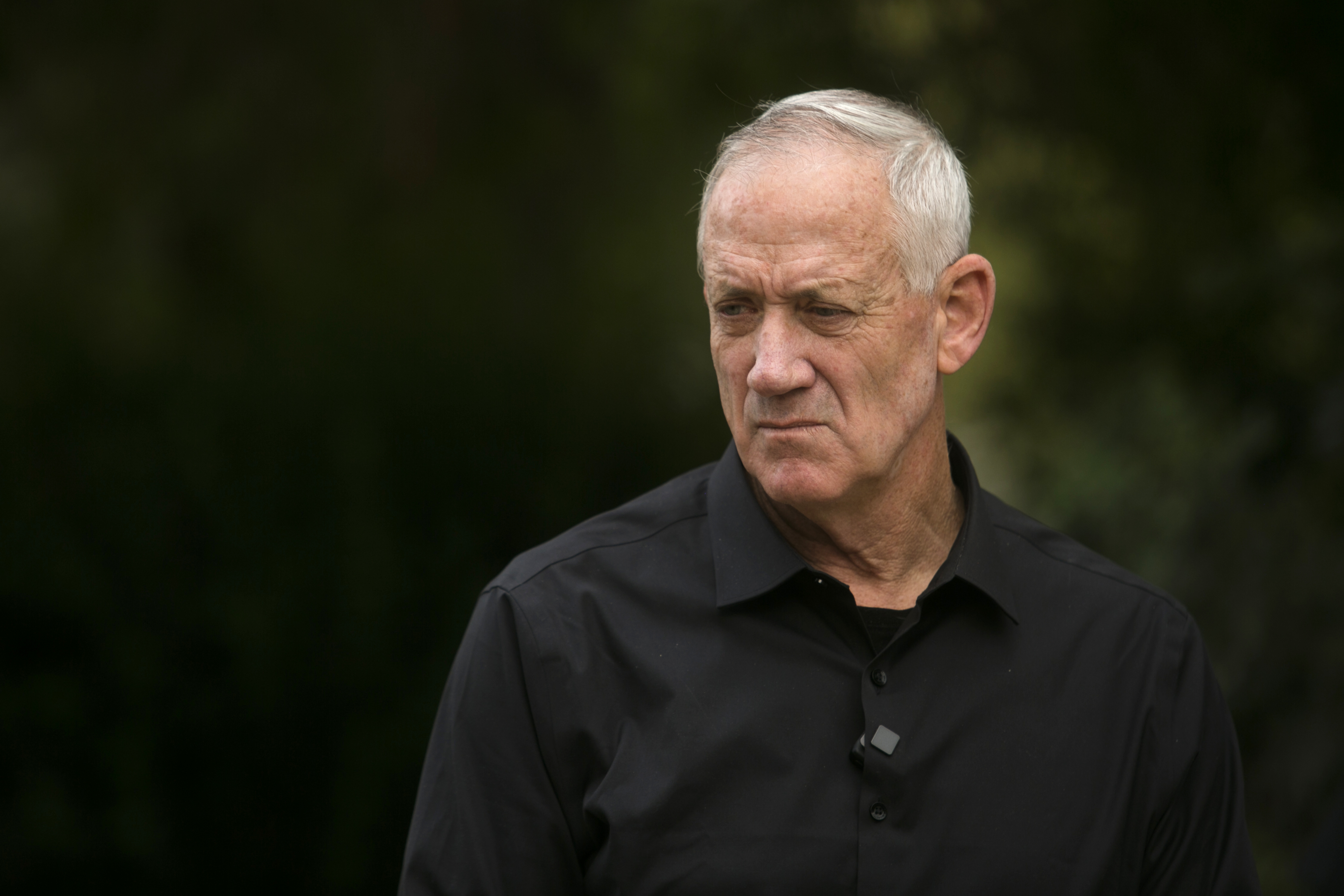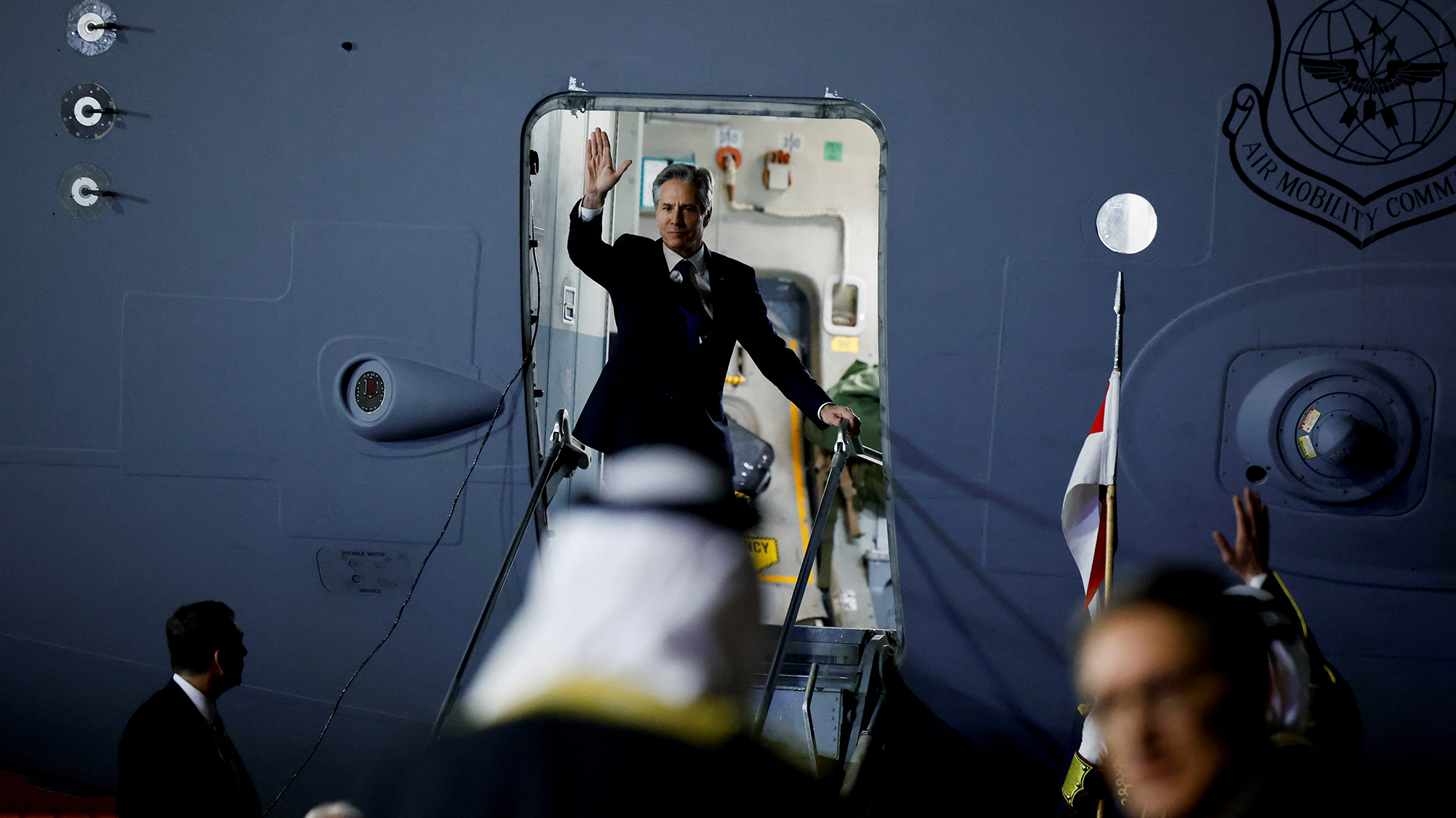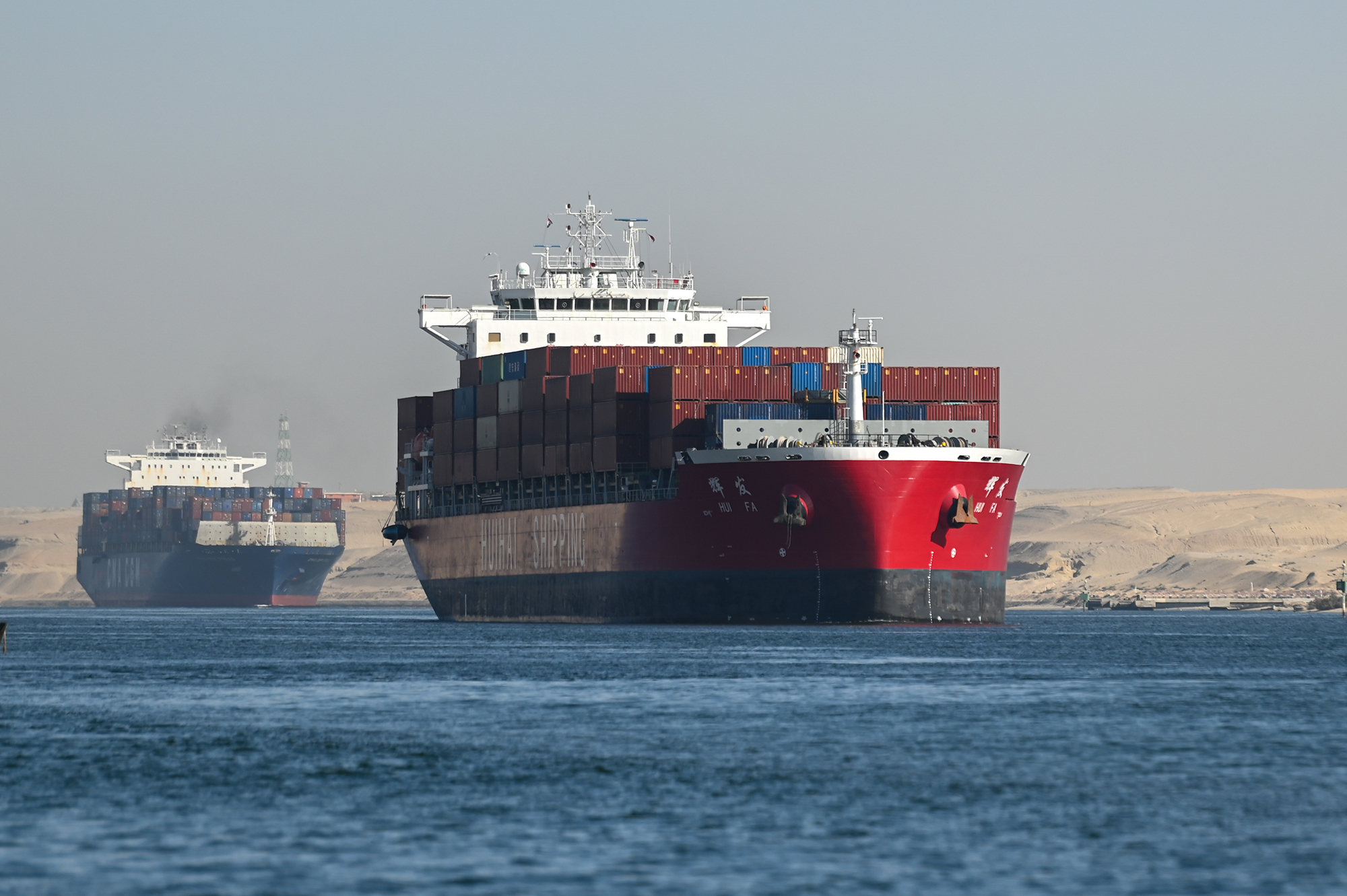
Nick Maynard still remembers treating the little boy from the Al-Maghazi refugee camp.
The British surgeon found the 6-year-old on the floor of the emergency ward of the Al-Aqsa Martyrs Hospital in central Gaza.
“He was semi-conscious with an open chest wound, horrific burns to the body, and no one had seen him. He'd just been deposited on the floor, and he was moribund,” the British surgeon, who worked in the hospital until he says he was forced to leave under the shadow of intensifying Israeli attacks, told CNN.
“We subsequently found out that most of his family had been killed,” he said.
Maynard has recounted the daily horror of working at the hospital: Scores of displaced civilians covering every inch of the medical facility, hundreds of wounded people – mainly children – arriving every day with traumatic burns, missing limbs and shrapnel injuries to the chest and abdomen.
Leading a five-member emergency team of clinicians, he worked with Medical Aid for Palestinians (MAP) and the International Rescue Committee (IRC) from December 26 to January 5.
Maynard, who has been coming to Gaza for 14 years, told CNN the overcrowding in and around the hospital in Deir al-Balah, one of the last remaining functioning hospitals in the enclave, was like “something I’ve never, ever seen before.”
“When you're dealing with acutely ill patients like that, you have to have a really comprehensive triage system where you can prioritize, and that system collapsed completely,” he said on Tuesday, speaking from the Egyptian capital Cairo.
The ratio of doctors to patients spiraled, as medical workers who were volunteering at the hospital increasingly fled south after the Israeli military issued evacuation orders.
In Al-Aqsa hospital, many of the patients were refugees from local camps including Al-Maghazi, Al-Bureij and Nuseirat, in what Maynard called “the clearest evidence you could ever want that there was an indiscriminate slaughter of people.”
The office of Israeli Prime Minister Benjamin Netanyahu said the military “does its utmost to avoid civilian casualties including providing early warning before attack, safe passage corridors and designated safer zones."
“Hamas targets Israeli civilians and embeds itself in Palestinian civilian neighborhoods, using Palestinian civilians and Israeli hostages as human shields,” the office added.
Israeli attacks on Gaza have killed at least 23,210 Palestinians since October 7, and injured another 59,167, according to the Hamas-run Ministry of Health — more than 1% of the enclave’s total pre-war population of 2.27 million people.
Israeli forces are “deliberately blocking the delivery of water, food, and fuel,” and “depriving the civilian population of objects indispensable to their survival,” Human Rights Watch has warned. The World Health Organization (WHO) reported the enclave's healthcare sector is crumbling at a "rapid pace."
Maynard said most patients arrived at Al-Aqsa with “dirty wounds” after bomb blasts had pelted fallen glass, gravel, dust and dirt into their injuries. Rampant shortages of painkillers, drinkable water, and medical equipment including gloves, and skin staple removers meant “the wound infection rate was stratospheric.”
Some patients suffered blast injuries where shrapnel passed through multiple parts of the body, damaging the liver, the spleen, the stomach and bowel, while others sustained internal bleeding in the lungs. Worst of all, Maynard said, was the sheer number of Palestinians, mainly children, arriving with traumatic burns and amputations.
“(We saw) the most horrific burns, literally burned down to the bones, some of them,” Maynard said.
“My colleagues in ER particularly saw people coming in with legs hanging off, or arms hanging off.”
More than 10 children on average have lost one or both of their legs every day in Gaza since October 7, Save the Children said on Sunday.
He still thinks of the little boy he found on the floor at the hospital. The kid was just one of many orphaned by the war and coming in with no family, “screaming for their parents” who had been killed.“He was alive when we left, but I don't know whether he survived,” Maynard said.
The post was updated with more details from the interview with Maynard.






